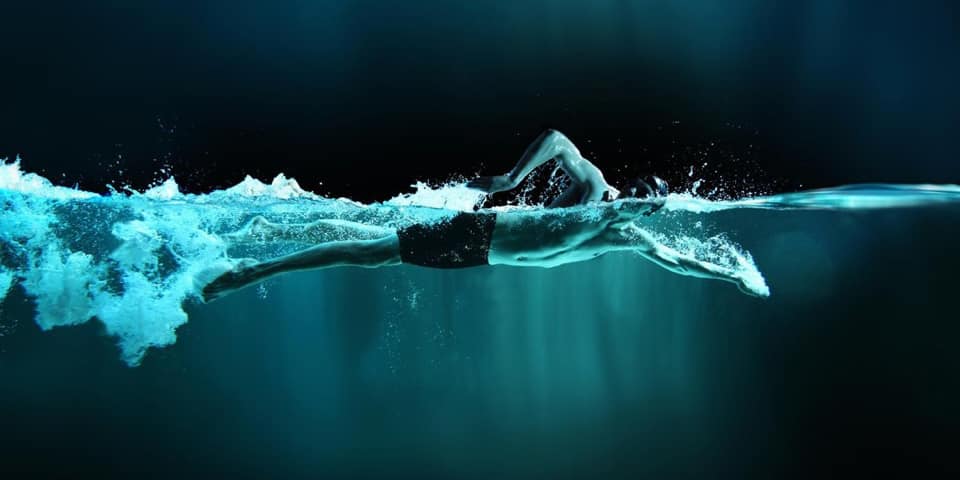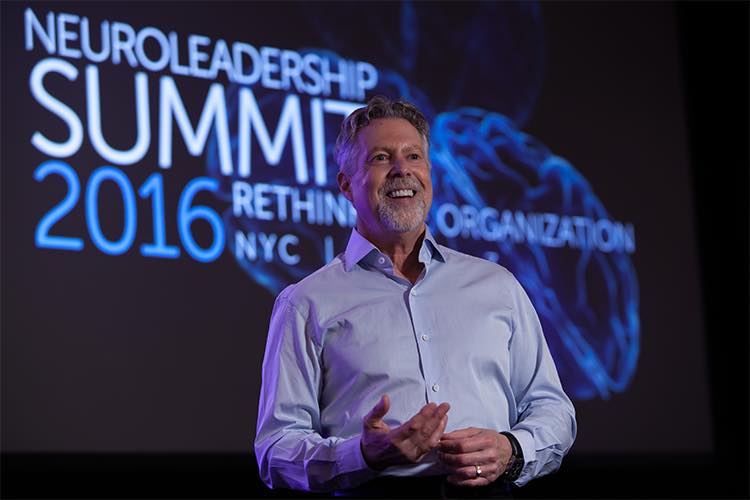

(Bilinqual Post) 在運動表現上,為什麼不應只強調重複加量的練習?常停下來思考隨時自我調整(甚至顛覆既有模式)應該也很重要
When training for sport performance, why I think frequent stop-reflect-adjust-refine can be as important as, if not more important than, cranking up volume.
勞勃.古柏博士(Robert Cooper, Ph.D.)是美國著名作家(New York Times best selling author)和專門訓練大企業CEO領導方法的專家,曾幫像是 Apple, Coca-Cola, Barclays, Nike, Google, Amazon, BMW, Morgan Stanley 這種世界級企業的管理團隊帶過領導管理課程。他的教導結合腦神經學(neuroscience)和策略學(strategy),除大企業高管,也針對個人提供課程 (應該很貴,但你可以讀他的書)。美國史丹佛大學商業研究所退休教授Michael Ray博士曾說古柏博士的教導 “強調以科學為根據的酌見、超實用的工具、與一般直覺相悖的智慧,及嚴謹的量測數據,他是我們的國寶。” 年輕時古柏服役於美國海軍陸戰隊,當過飛行員,入選過美國國家級游泳選手 (All-American Swimmer),後來獲美國密西根大學頒贈 “學術、運動、領導卓越成就” 榮譽獎。
Robert Cooper, Ph.D., neuroscientist and New York Times bestselling author who has positively impacted the 4 million people who have bought his books. Robert effectively combines two fields that seem completely unrelated—neuroscience and business strategy—to help elite performers and top leaders get the most out of their brains, their time, and their performance. Cooper and his colleagues have designed and delivered keynotes and leadership development programs for many executive teams and organizations, including: 3M, Coca-Cola, Barclays, Apple, Nike, Google, Amazon, BMW, and Morgan Stanley. Called “a national treasure” by Professor Emeritus Michael Ray, Ph.D., of the Stanford University Graduate School of Business, Cooper emphasizes scientifically based insights, ultra-practical tools, counterintuitive wisdom, and disciplined metrics. Cooper served as a U.S. Marine. He is a jet pilot. An All-American swimmer, he won the University of Michigan’s Honor Trophy Award for “outstanding achievement in scholarship, athletics, and leadership.”
在與防彈咖啡創始人 Dave Asprey 的訪談中 (目前美國最夯的養身及個人發展 Personal Development 訪談節目),古柏博士說:“人腦平時的設定會使我們直覺地做每件事都是按照長久以來的固定模式去進行;可是即使當你是按照長久以來大腦早已定型的模式在做事的時候,你大腦的神經網路還是會改變的,重點是:往哪個方向改變?如果你老是依照大腦的既有模式運作,甚至越耕越深 … 你就會像是把你家裡的個人電腦 ‘更舊’ 降級,大多人年紀增長老化後會走這個方向,但其實這是可以改變的,只要你相信有可能,並且心存自己可以變得更好的信念,就可以幫自己(的大腦和工作生活上的表現) ‘更新’ 升級”。
In a podcast interview with Dave Asprey, the creator and founder of “Bulletproof Coffee”, Cooper said: “the brain’s default settings (result in our instinct) to do things the same way we’ve always done them… even when you are relying on your hard wiring (habits), your brain is constantly changing. The question then becomes: In which direction are you changing? When you settle in to your default mode and rigidify …, you are “downwiring.” Many people downwire as they age, but it doesn’t have to be that way. When you lean into possibilities and become different with the intention to get better, you are “upwiring.”
要讓自己(工作、生活、運動)效能升級的關鍵就是在大部分時間讓自己處於想讓大腦想法向上升級 的狀態,也就是要改掉老是依舊有既定模式運作和反應的習慣!只是人的大腦在生理上就是以降級為優先選項,也就是能不思考就盡量不要思考,盡量以過去的模式運作,因為這樣可以節省能量 (大腦這一個節約能量的特點,在人類學和生理學上是很基本也早已確認的發現)。任何運作和想法的升級是要費腦力(消耗更多能量)而且有風險的,你的大腦(為了節約能源或保命)會盡量去避免。所以你就是要常常刻意把你的大腦推離它的舒適圈,把它推向你想要成長、進步、升級的方向。
The key to upgrading your performance is to spend the majority of your time upwiring rather than downwiring. Yet, to conserve energy, your brain’s instinct is to downwire. It likes repeating the same things it’s done before and keeping you the same person you’ve always been. This is why for many people it is more comfortable and less scary to stay the same. In many ways, your brain is a scared, dumb organ that fears change. (No offense.) Upwiring requires more effort and more risk. You have to aim your brain away from its comfortable default mode and instead steer it toward intentional choices that support the kind of growth you want to achieve.
所以,用個假想情境來看,如果有人當著你的面違背事實地批評或攻擊你的觀點時候,當下先不要按照以前的習慣急著反駁澄清,先停下來想一下,為何對方會這麼做?為何這件事會在這個時候發生在你身上?是不是宇宙冥冥中對我的特殊安排?
或者,也許你在學習一項新的運動,像是我最近幾個月努力在學自由式游泳,一段時間有些進步後發現無法再進步突破,姿勢和動作上還是有很多問題,你是不是要試著在練習的時候請別人幫你觀察泳姿,或自行體會身體每一個部位在水裡的每一個動作,去找到問題點(踢水時小腿後勾,划水旋轉時軀幹無法打直,等等),思考為何自己會有這些問題?是自己身體或想法中的哪一點造成的?然後多嘗試各種方法去克服這些問題點?還是就按照多年來練長程騎車或跑步的蠻勁,不要想太多,一直游,多游自然就會改善了?
For example, when someone criticise or attack your viewpoint, try not to respond and rebut right away as your brain have accustomed to react since your high school days. Pause and reflect: why he or she did that to me? Why now? Why me? Could this be some arrangement by God as a special way to help me grow?
Or, when you are learning a new sport, like the freestyle swim I have been learning in the past months. When you make some progress and reach a plateau and just can’t breakaway to make any progress, stuck in some key flaws, such as poor kicking with too much kickback from calves and feet, or fail to keep your body straight and firm as you rotate and catch, would you stop frequently in your drills and practices to sense and reflect very parts of your body making the movements in the water (ask someone to watch for you would be a plus)? Or should you just tell yourself “Don’t think too much. Just swim”. More volume and time in the pool will eventually fix all the flaws”?

